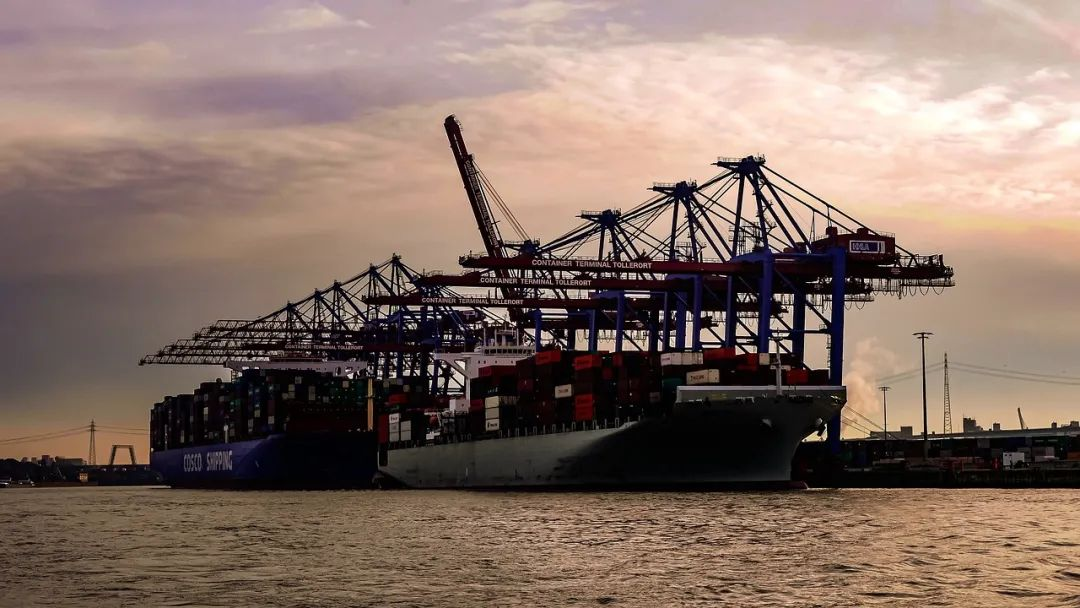
YCD News – In early April 2023, a strike broke out at the ports of Los Angeles and Houston in the U.S. The strike not only affected the economy of the ports themselves, but also affected many aspects of related industries, cargo owners and consumers, with serious social and economic implications. In this paper, we will discuss the impact of the strike on the ports of Los Angeles and Houston from three aspects: import volume, market demand and current situation.
I. Import volume
Port of Los Angeles
The Port of Los Angeles is one of the busiest ports in the United States, and its import volume has always been very large. However, the lack of resources such as workers and tow truck drivers at the port due to the strike has prevented the port from handling cargo efficiently and has created a backlog of cargo, which obviously causes supply chain problems for companies and affects their import volumes. Cargo throughput at the Port of Los Angeles has reportedly dropped by nearly 20%. In addition, many cargo ships are choosing to discharge their cargo at other ports, such as the Port of Houston, which may cause additional import volume losses to the Port of Los Angeles.
Port of Houston
The Port of Houston is one of the second largest ports in the U.S. Due to the backlog of cargoes at the Port of Los Angeles that cannot be handled in a timely manner, many cargo ships are rerouting their routes to the Port of Houston to discharge their cargoes. As a result, the Port of Houston is facing unprecedented cargo growth and its operations are under great pressure. In addition, as the import volume of the Port of Los Angeles declined, the Port of Houston is likely to gain additional cargo import volume and improve its economic efficiency and market competitiveness to a certain extent.
Second, the market demand side
Port of Los Angeles
The strike has led to a serious backlog of cargo at the Port of Los Angeles, and many companies and retailers are beginning to look for alternative channels to meet their market demand. Some retailers have reportedly begun to consider importing products from ports such as Canada or Mexico, and adjusting their logistics and distribution networks. This may prompt other U.S. West Coast and Asian ports to gain more customers. However, if the strike extends too long, this will have a negative impact on the Port of Los Angeles and many cargo ships will adjust their routes to move future cargo to other ports.
Port of Houston
As the strike has caused a significant backlog of cargo at the Port of Los Angeles, some businesses and retailers are turning to other ports as a source of supply, which could create additional market demand at other ports. This is also the case with the Port of Houston, as it is a key port of discharge during the strike. However, if the strike lasts too long, then this will have a negative impact on economic activity at the Port of Houston and other ports.
III. Status of the Strike
As of today, the strike at the Ports of Los Angeles and Houston is in its third week and remains a concern. As negotiations between the two sides have been fruitless, the strike continues until a better wage and benefit package is obtained. The Port of Los Angeles union has said they are ready to hold negotiations again after the strike continues into early May. The strike is currently adversely affecting the livelihoods of many people, including workers, businesses and consumers. At the same time, the strike has also taken a huge toll on the U.S. economy, as these ports have been the gateway to U.S. imports and exports, supporting the scale of global trade.
YCD understands that the strike has had a significant impact on both the ports of Los Angeles and Houston. While the strike has caused significant economic losses to the Port of Los Angeles in the short term, it has also prompted other ports to accelerate infrastructure upgrades and expansions to improve their economic efficiency and market competitiveness. In addition, the strike has caused businesses and retailers to increase their demand for multi-channel supply to ensure future supply chain stability. Ultimately, we believe that with the efforts of all parties, the impact of the strike on the Port of Los Angeles and the Port of Houston will continue to be mitigated and create a better environment for the Port’s future growth.
